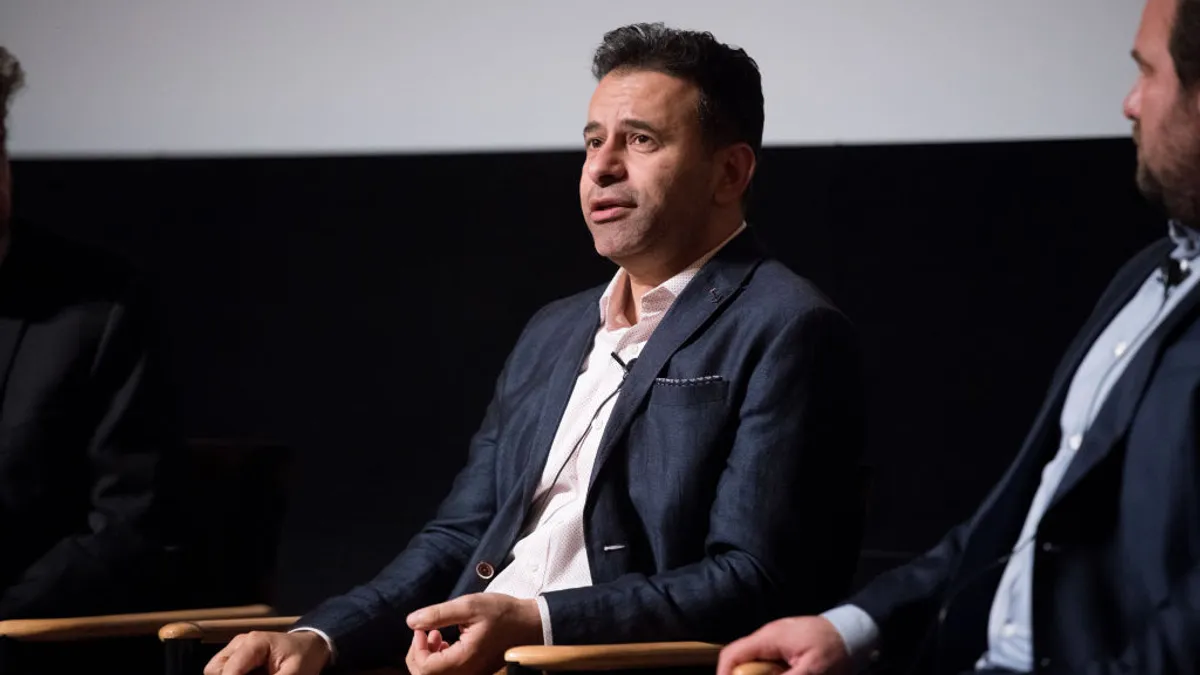Patient-centricity has become a buzzword in the clinical development world. But for rare disease trials, “putting patients first" isn’t just an ideal, it’s an essential element to the success of such studies.
isn’t just an ideal, it’s an essential element to the success of such studies.
The challenges of recruiting and retaining sufficient patient numbers to power a study to show value to both regulators and payers are substantial. In the clinical trial world overall, a reported 85% of studies fail to recruit their intended numbers of patients. Moreover, patient recruitment is only half the battle, as an average of 30% of those enrolled in a clinical study will drop out before it is completed for a variety of reasons, many of which may be preventable.
This issue of patient recruitment and retention is particularly acute for rare disease studies, where sponsors may need to recruit patients across a wide geographic area and the burdens and concerns faced by patients and their families considering participation may be particularly significant. Ultimately, every single participant in a rare disease study is vitally important to that study’s success, given the constraints on patient availability for such trials and the high impact that limited data may have for drug development success.
Recruiting for Rare Disease Trials
And so, how can “putting patients first" improve patient recruitment and retention in clinical trials for rare diseases?
 First, orphan and rare disease drug development requires a high level of relationship building, trust, and education about the drug and the study with the patient and physician community — and particularly with key opinion leaders (KOLs) who can help spur interest. Effective recruitment is supported through partnerships with such physicians and with patient advocacy organizations, which can help to spread the word and may retain registries of patients that can further aid the recruitment effort. The insights of these groups into the patient journey and real-world patient concerns and needs can also positively influence trial design as well as provide down-the-road support for a drug with regulators and payers.
First, orphan and rare disease drug development requires a high level of relationship building, trust, and education about the drug and the study with the patient and physician community — and particularly with key opinion leaders (KOLs) who can help spur interest. Effective recruitment is supported through partnerships with such physicians and with patient advocacy organizations, which can help to spread the word and may retain registries of patients that can further aid the recruitment effort. The insights of these groups into the patient journey and real-world patient concerns and needs can also positively influence trial design as well as provide down-the-road support for a drug with regulators and payers.
Secondly, it is important to understand and respond effectively to the needs and concerns faced by patients and caregivers regarding clinical trial participation. For rare disease trials in particular such participation may require repeat site visits and state-to-state or even country-to-country travel that add further hurdles to patient retention.
Patient burdens and anxieties can be reduced somewhat through protocol design and through education during the informed  consent process to better set patient and caregiver expectations upfront. Patients also cite the time-consuming nature and difficulty of travel logistics, financial constraints related to dealing with upfront costs, and issues related to prompt, clear communications as reasons for leaving a study. Such considerations can be limited in some instances by using traveling nursing staff to “bring the trial to the patient" — enabling various study-mandated tests and measurements to be performed in the patient’s own home.
consent process to better set patient and caregiver expectations upfront. Patients also cite the time-consuming nature and difficulty of travel logistics, financial constraints related to dealing with upfront costs, and issues related to prompt, clear communications as reasons for leaving a study. Such considerations can be limited in some instances by using traveling nursing staff to “bring the trial to the patient" — enabling various study-mandated tests and measurements to be performed in the patient’s own home.
Patient Concierge Service
But since not all trials or patient visits are suited to such in-home measures, we propose that lessons from the travel and hospitality industry can also help improve patient retention for clinical trials. Our work has shown that offering “white glove" concierge assistance to patients and their families can reduce dropout rates to less than 5% over the course of a complex, multi-national study. Such services include logistical support for travel, lodging and transportation, and rapid reimbursement of patient out-of-pocket expenses, as well as ongoing in-country personal assistance in the patient’s own language. (PV)
Clincierge provides unique, customizable services aimed at overcoming barriers to patient participation in clinical studies. The result: enhanced enrollment and reduced drop-outs.
For more information, visit www.clincierge.com or call 888.458.8579.










